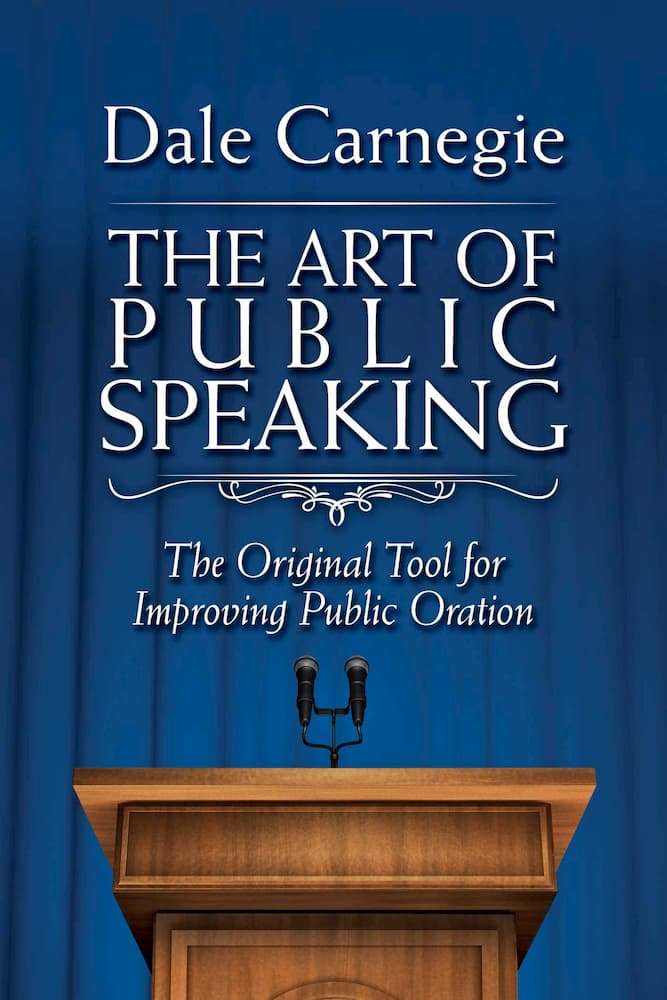
When I read a book I have the habit of highlighting certain passages I find interesting or useful. After I finish the book I’ll type up those passages and put them into a note on my phone. I’ll keep them to comb through every so often so that I remember what that certain book was about. That’s what these are. So if I ever end up lending you a book, these are the sections that I’ve highlighted in that book. Enjoy!
Research has shown the 75% of the movie audience is composed of young people from the ages of 17 to 25. Therefore, all scrips will contain a sexually explicit scene every twenty minutes of film time.
Do not use words you are not thoroughly familiar with, and don’t take words for granted, because they can bite you. For this reason, never use a thesaurus. It promotes bad habits. It encourages one to employ words with which one has had no previous acquaintance, which means that one is likely to use them incorrectly.
To memorize talks you should begin by committing to memory the first and last paragraphs, and then memorizing the first sentences of succeeding paragraphs.
Play to the audience, not the TV newsperson when doing an interview. When an interviewer badgers you in an increasingly rude manner – cutting your replies off short, or assuming the attitude that you are being devious, or lying – there is no reason to lose your composure. Go silent for ten seconds. Ten seconds is an interminable length of time on the airwaves. Count them: one Mississippi, two Mississippi. (A moderately paced Lord’s Prayer almost exactly fills ten seconds, and it good for the soul, too.) Television interviewers can’t stand that. Smile thinly. Stare straight and hard at the man, until your eyes glitter. When he repeats his question – he may begin to stammer – widen your lips slightly, but allow for another three or four seconds to elapse before speaking. He will be frantic. He us no longer in control. His show is going to pieces. Then say, for example: “Are you going to let me finish my replies to your questions, or do you care? I mean, because if you don’t, why bother to ask?” or “If you choose not to believe what I tell you in answer to your questions, why should I bother?” Then after he apologizes, turn to the camera directly and speak.
Ten Commandments for Dealing with a hostile press:
- Be available. return press calls promptly and never imply that your time is more valuable than the reporter’s.
- Be courteous and friendly. Don’t act suspicious, or refuse to comment unnecessarily. Avoid pomposity.
- Be brief and colorful in your language if you want to be quoted. Use plain words and avoid long-winded technical explanations.
- Be discreet. Never speculate or attempt answers when you are unsure of your ground. Never be afraid to say, “I don’t know.”
- Be direct and straight. Journalists are generally skilled at detecting double-talk. And if you have bad news to report, be the first to step forward with it so as to avoid the appearance of a cover-up
- Be careful when you go “off the record.” The reporter must agree in advance to receive information “off the record” or “not for attribution.” If the reporter does agree, generally you can trust his or her ethics, but don’t abuse off-the-record privileges. [They have come for news, not private elucidation.]
- Be witty, if you handle humor well, but never use sarcasm or wisecracks. Unless you are that rare person who is able to adopt an irreverent and pugnacious attitude inoffensively.
- Be informed of your subject matter before you answer, collect your thoughts before you speak. Speak a little slower than you normally do, both as a courtesy to help the reporter who is taking notes and as a device to help you speak more carefully. [And because they are idiots.]
- Be prepared to complain if an article appears that you feel is unfair. Complain first to the reporter, and, if that doesn’t help, complain to his or her editor. Journalists are generally sensitive to complaints or unfairness. [I choke, but this is the advice we give.]
- Be aware that you cannot dodge or stop a story. You can only try to influence how it is written with friendly persuasion.
@joekotlan on X